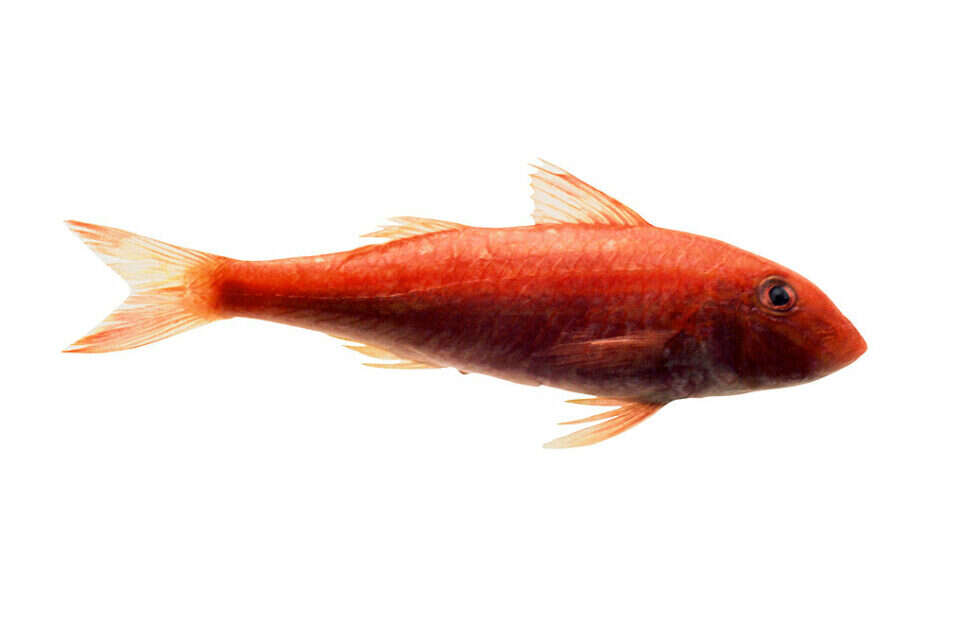Can a fish drive?
Definitely yes!
Researchers at Ben-Gurion University have shown that this is also possible, if scientific forces are united.
A research group from the field of life sciences and computer science has challenged goldfish in navigating a terrestrial environment.
The results change everything we thought about fish.
This is a study published in the journal Behavioral Brain Research.
Orientation in space is one of the most important abilities of animals.
This ability allows us to find food and shelter in our living space.
Researchers from Ben-Gurion University of the Negev have raised the question - does the ability to orient depend on the animal's natural environment or its brain structure?
One way to understand how important the environment is is to move an animal from its natural environment to a whole new environment, one that requires a significant adjustment of the ways of orienting and navigating the space.
In a study conducted at Ben-Gurion University of the Negev, a multidisciplinary research group from the Departments of Life Sciences and Computer Science, applied this approach in the most extreme way by challenging goldfish in navigating a terrestrial environment.
To this end, the group has developed a vehicle designed for fish and functioning on land.
This vehicle, which is a type of robot controlled by the animal, includes a water tank where the fish is located and a computerized system that responds to its movements.
The fish controlled the direction of movement of the vehicle by positioning and turning its body in the desired direction of movement and the computerized system detects this and activates the wheels of the vehicle accordingly.
Lab, Photo: Getty Images
In order to make sure that a fish could indeed control the vehicle, the fish was given a task: it had to drive the robotic vehicle from different places in the room towards a target located on one of the walls.
The target could be viewed through the walls of the water tank so that the goldfish could direct the movement of the vehicles towards it, if it so wished.
Successful navigation towards the target rewarded the fish with an appropriate return in the form of a piece of food inserted into the water.
After several days of trying and training, the goldfish learned the task and were able to steer the vehicle toward the target.
They could have done so even if the navigator's starting point was different, even if they got stuck in the middle of the road with no way out (e.g .: a collision with one of the room walls) and even if the researchers tried to confuse them with other dummy targets.
"The success of goldfish shows that they are indeed able to adapt their behavior to a completely different environment and in particular to find their way in the foreign terrestrial environment," explained doctoral student Shachar Givon, who conducted the study.
"Their ability to do so implies that navigational capability is universal and does not depend on the environment in which the living organism comes."
The second conclusion from the study is that fish can learn to control vehicles.
"This is an interesting result because it is a complex learning ability even for humans. In the case of fish, not only is it a skill that is significantly different from the one it encodes evolutionarily and developmentally, but also one that goes against its fundamental nature," said Matan Semina of the Department of Biomedical Engineering at Ben-Gurion University. In the Negev.
"The inevitable conclusion is that fish have the ability to learn very complex motor actions."
The study was conducted by doctoral student Shachar Givon from the Department of Life Sciences, graduate student Matan Semina from the Department of Biomedical Engineering, Prof. Ehad Ben Shachar from the Department of Computer Science and Head of the School of Neuroscience and Prof. Ronen Segev from the Department of Life Sciences and the Department of Engineering at Biofu .
Were we wrong?
Fixed!
If you found an error in the article, we'll be happy for you to share it with us








